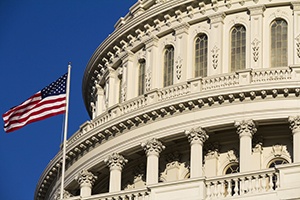As the U.S. economy has been normalizing—even moving back to good times—politics has been what I can only call denormalizing. In one more back-to-the-future moment, I am now substantially more worried about political threats to the economy than I am about economic threats.











